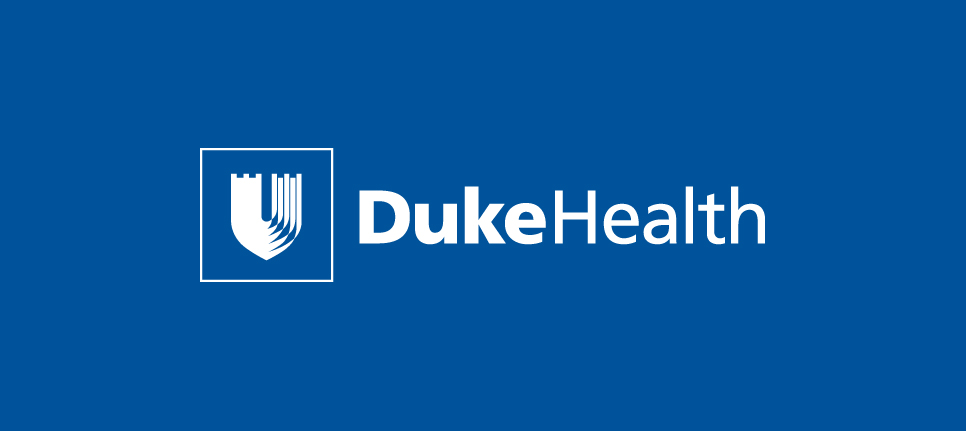Google’s new AI podcasting tool, called Audio Overview, has become a surprise viral hit.
The podcasting feature was launched in mid-September as part of NotebookLM, a year-old AI-powered research assistant. NotebookLM, which is powered by Google’s Gemini 1.5 model, allows people to upload content such as links, videos, PDFs, and text. They can then ask the system questions about the content, and it offers short summaries.
The tool generates a podcast called Deep Dive, which features a male and a female voice discussing whatever you uploaded. The voices are breathtakingly realistic.
Yes, it’s cool—bordering on delightful, even—but it is also not immune from the problems that plague generative AI, such as hallucinations and bias. Here are some of the main ways people are using NotebookLM so far.
—Melissa Heikkilä
A new law in California protects consumers’ brain data. Some think it doesn’t go far enough.
On September 28, California became the second US state to officially recognize the importance of mental privacy in state law. Measuring brain activity can reveal a lot about a person—and that’s why neural data needs to be protected.Brain data is precious. It’s not the same as thought, but it can be used to work out how we’re thinking and feeling, and reveal our innermost preferences and desires. Jessica Hamzelou, our senior biotech reporter, has taken a look at how California’s law might protect mental privacy—and how far we still have to go. Read the full story.
This story is from The Checkup, our weekly newsletter giving you the inside track on all things biotech. Sign up to receive it in your inbox every Thursday.











